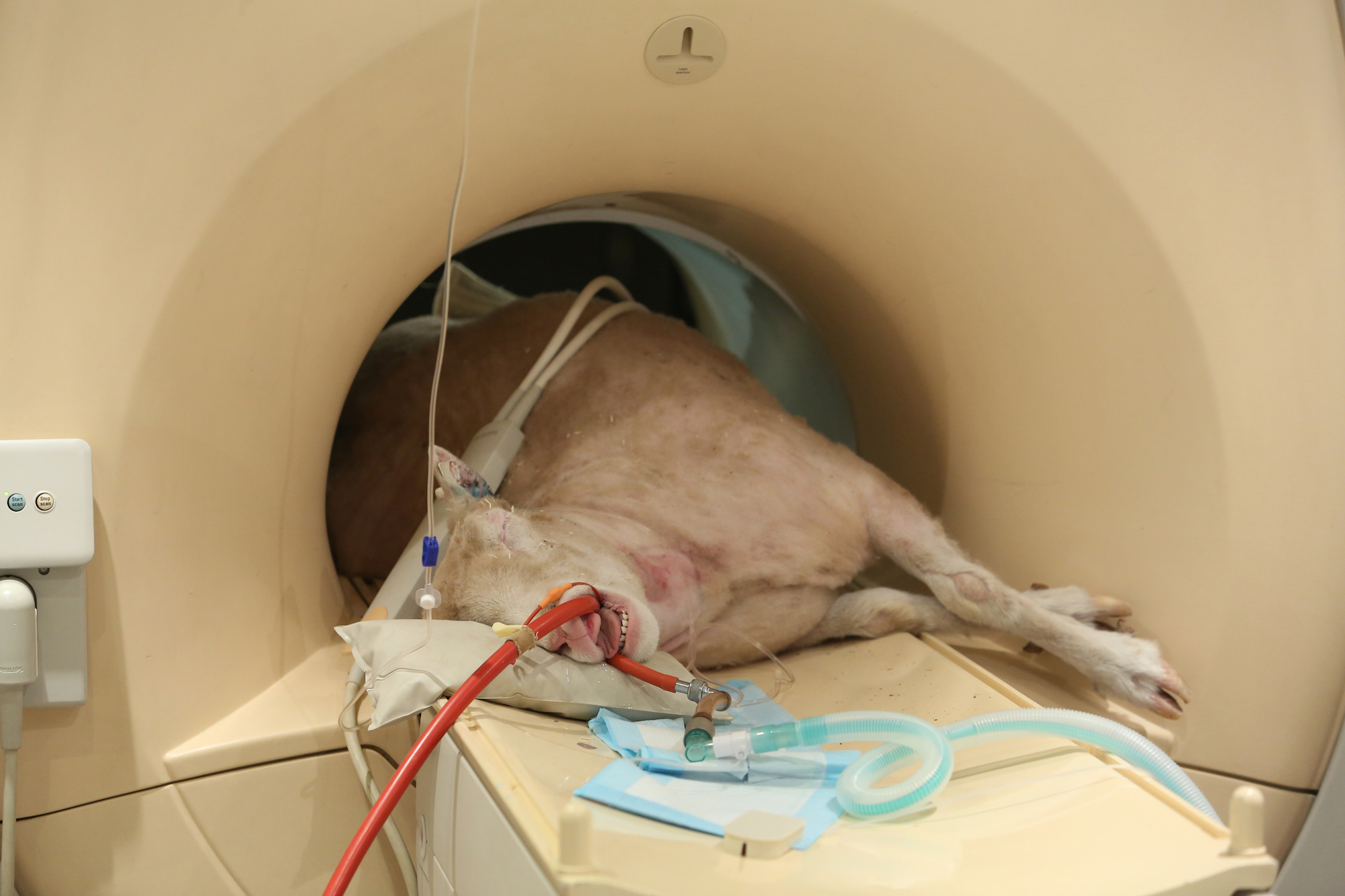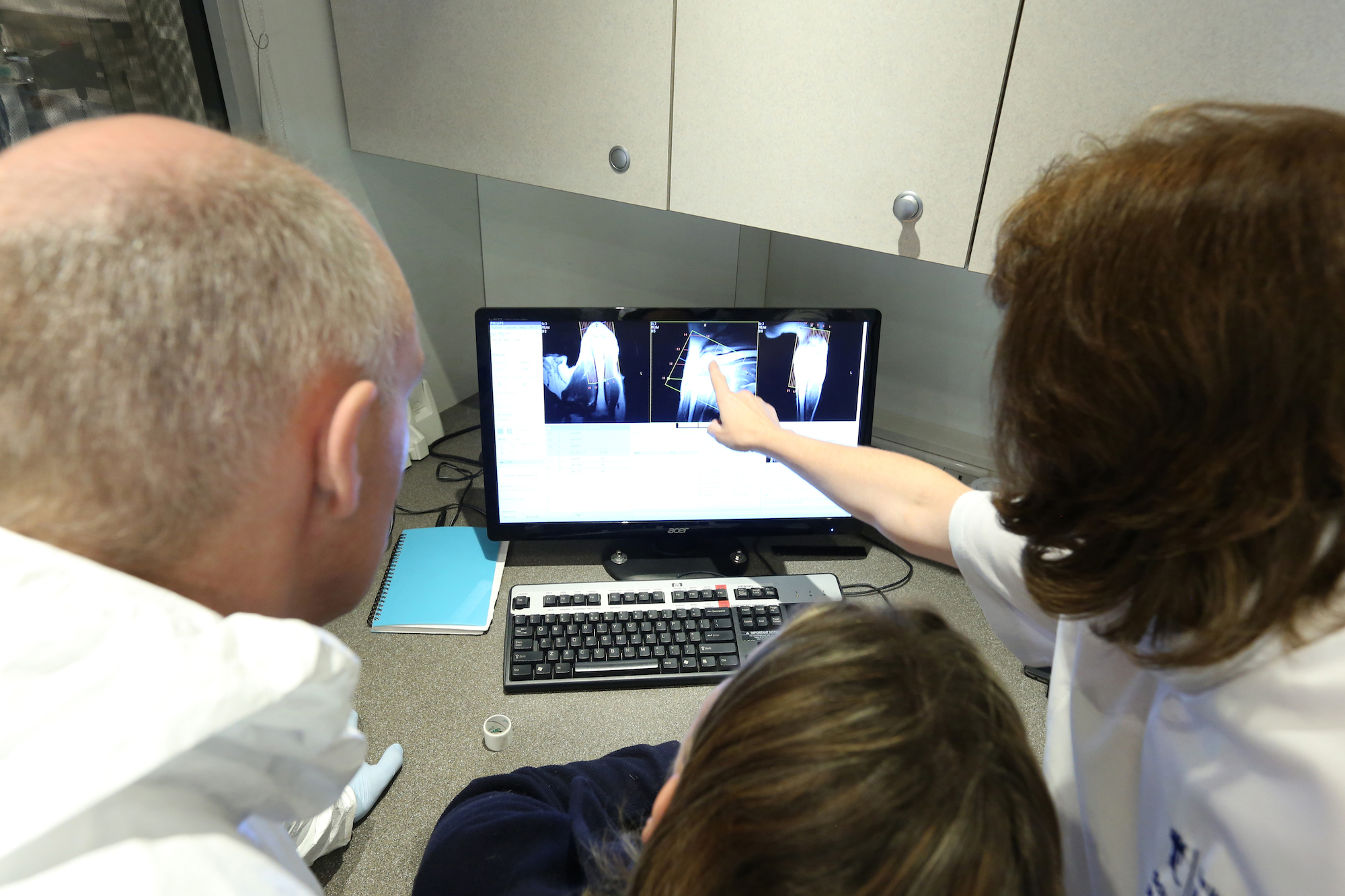Dolly lamb clones help prove the safety of SCNT-cloning
Animals feel no worse than ordinary sheep and live no less.

A team of researchers from the University of Nottingham stated that Dolly's four sheep clones are subject to the usual age-related changes that are common to all sheep. Previously, some scientists have stated that clones should age faster than normal organisms.
Evidence that this is not the case was published by biologist Kevin Sinclair and his colleagues in the journal Nature Communications. They found that the adult sheep, Debbie, Denise, Diana and Daisy, are all Dolly clones, completely healthy animals. There are no signs of premature aging in sheep.
Twenty years have passed since the cloning of Dolly, and the current study is the first work so far, in the process of which scientists studied the age-related changes of the clones. Clones are created by transferring the somatic cell nucleus (somatic cell nuclear transfer, SCNT). Genetic information for the cloning process was taken from adult differentiated (somatic) cells, and not from sex (gametes) or stem. The original animal (prototype) itself no longer existed at the time of cloning. A part of its cells, necessary for the experiment, was promptly frozen and stored in liquid nitrogen in order to preserve and transfer the genetic material.
')
Research by scientists from the University of Nottingham is essential to science. It refutes the claim that cloned mammals will die quickly due to accelerated aging and age-related diseases. Sheep Dolly, a clone of an ordinary sheep, at the age of six got a lung disease, which is characteristic of more “elderly” sheep, and also suffered from arthritis. Scientists have already explained that this is a result of the fact that the sheep were constantly kept indoors, not walking it with other animals. Experts feared that the world's first cloned animal would be sick or an accident would happen to him. But sheep that are kept indoors are usually ill. Dolly's illness was no different from the diseases of other sheep that were kept in similar conditions.
Nevertheless, the opinion that clones are dying due to the rapid emergence of age-related diseases was difficult to refute in ordinary words. Supporters of this point of view received another confirmation: in 2002, a cloned mouse died in Japan , which received a whole bunch of age-related diseases. The mouse was relatively young, so the case allegedly confirmed the theory of "clone suicide bombers."

Sinclair and his colleagues proved that the main factors that led to the occurrence of disease in Dolly and mice from Japan are environmental factors, not genetic factors.
“A lot of research has been done with mice, and in most cases the cloned mice were relatively healthy,” says Sinclair. "It is sometimes difficult to understand why mice show signs of premature appearance of senile diseases, but all of this is the influence of specific environmental factors ... The devil is in the details."
In addition to the four Dolly clones that participated in this study, scientists studied nine other cloned sheep from three different cell lines. In total, Sinclair and his colleagues studied 13 sheep aged from 7 to 9 years. This age corresponds to 60-80 years in humans. Sheep were checked for arthritis, diabetes, and certain other diseases. As it turned out, the organisms of these sheep were in good condition - not at all worse than the organisms of ordinary, non-cloned sheep.

True, Debbie had arthritis, but other sheep suffer. Scientists have concluded that clones live as much as ordinary organisms, which were born in the traditional way for mammals.
Sinclair and his team believe that the data obtained by them as a result of research will help to inform the public that cloning is safe, there are no negative effects when using this method. "People know that we do not create Frankenstein monsters," says Sinclair.
However, before declaring SCNT-cloning completely safe, scientists need to conduct additional research.
Source: https://habr.com/ru/post/396445/
All Articles